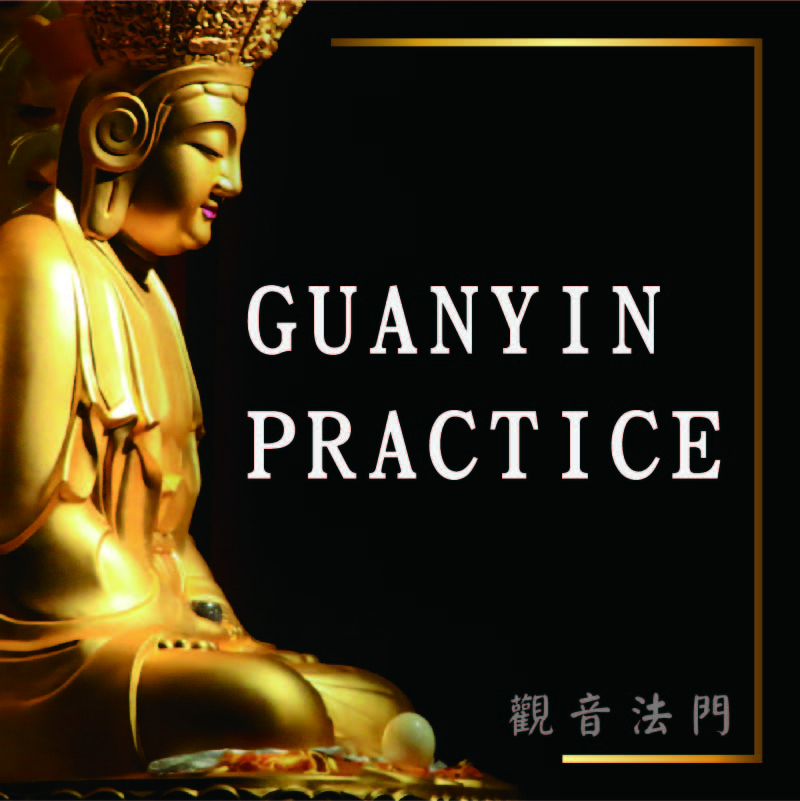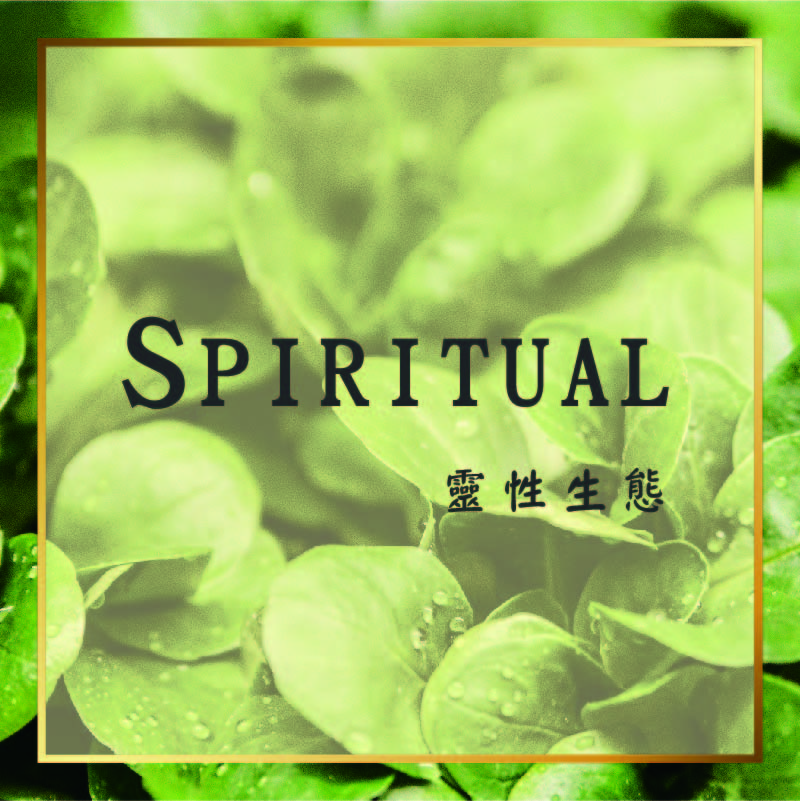
Learning from the Wisdom of the Aboriginal People-The Spiritual Ecology Series

- Part of "The Spiritual Ecology" Series, authored by Master Hsin Tao
Within the time-honored wisdom passed down through generations of aboriginal peoples, a wealth of invaluable civilizational laws are preserved, representing precious assets of human civilization. These laws were: high esteem for Mother Earth, belief the spirit resides in all forms of existence, and high regard for the interrelationship between nature and man that is mutual respect and benevolence. Under the guidance of their ancestral spirits, they have preserved a spiritual ecological worldview of diverse symbiosis and interdependence with nature. They have also inherited a sacred view of the land that emphasizes respect for heaven and earth and cherishing the natural environment.
They subject themselves to a life attitude and code of conduct derived from a perceived coexistence with nature. How they go about hunting makes a good example as a case in point: they would pray beforehand and vow to take only enough to sustain life and refrain from excessive use of natural resources. The belief in Shamanism held the view high that “man and all things of nature constitute one unity”, widely different from the modern persuasion that nature can be conquered, and man overpowers nature. The American Indian tribe Hopi also pays due respect to nature and holds Mother Earth in high esteem, believing that spirit resides in all things natural. They are convinced that a harmonious coexistence is chiseled in the stars. Such notions are precious cultural heritage as well as fit for an environmentalism-centric mindset. Civilizations of our time are often invasive and encroaching in stark contrast to what Aboriginal folks subscribe to in their tradition which contains ecology-minded wisdom we must learn from.
Learning from the ethnic wisdom about ecological symbiosis is an obvious must for modern-day communities to adopt that for a life attitude and a livelihood law, to mitigate ecological crises.













